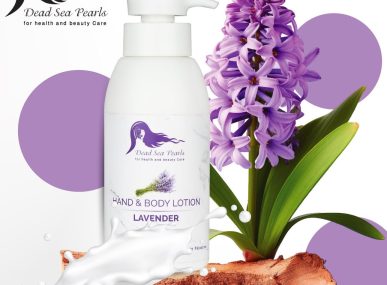Harakeh and her friends worked quickly on her idea, helped by local NGO LOYAC Lebanon. They threw themselves into testing out different mixtures, using trial-and-error to find the best recipe. Within two years, they made a landmark breakthrough — the National Research Institute certified Zoap Lebanon’s products for public sale. Zoap Lebanon went on to win first prize in the Ripples of Happiness competition for sustainable businesses.
The competition’s $10,000 grant allowed for investment in marketing and a new soap workshop. Now Zoap Lebanon had the capacity to start changing Lebanese attitudes towards buying recycled products. “Our main challenge is the misconception that some people have towards recycled oil made into soap!” Harakeh said.
Harakeh’s team has taken this mission directly to the country’s next generation. Zoap Lebanon runs regular workshops for children, teaching them how to make their very own, customized soaps from used cooking oil. Schools and organizations contact Zoap Lebanon to run workshops, having found out about the program via social media or word-of-mouth.





